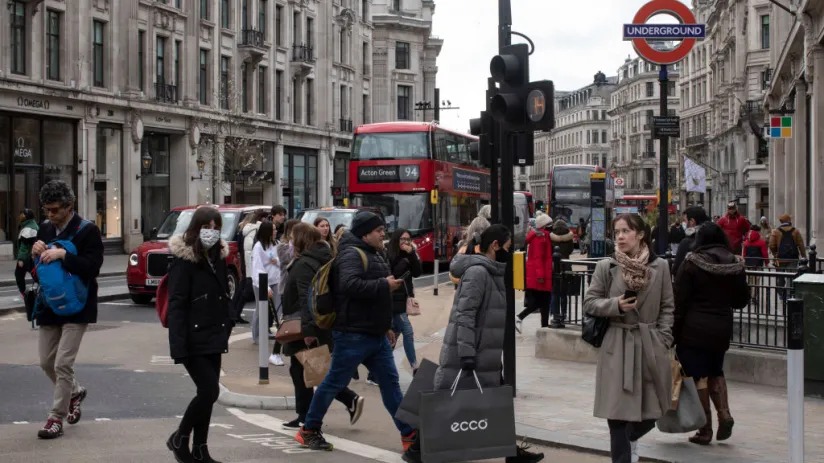The UK needs to capitalise on its position as a “services superpower” to help break its “toxic combination” of low growth and high inequality, a leading think tank has argued.
According to a report from the Resolution Foundation, slow growth in the UK means poorer households in the UK are now £4,300 worse-off than their French and German counterparts.
The UK’s poor position has come about due to under-investment and stagnant productivity since the financial crisis, which has caused wages to flatline.
“A year or two of low investment and flatlining wages is survivable, but 15 years of stagnation is a disaster,” Torsten Bell, chief executive of the Resolution Foundation, said.
“Combined with high inequality, our slow growth has proved toxic for low- and middle-income families, who are now far poorer than their peers in similar economies like Germany and France,” he continued.
Rather than be drawn to unrealistic economic models, such as becoming a German-style manufacturing power, the think tank argued that the UK needed to build on its existing strength as a services superpower.
The report highlighted that, on average, services-led economies have higher incomes than goods-orientated economies.
Despite being the second largest services exporter in the world, the UK’s services sector rarely gets a lot of political attention.
The report pointed to sectors beyond finance that contribute to the UK’s strength in services. These include the creative industries, recreational services and insurance and pensions.
Many areas of British expertise are fast growing areas of global trade, including a broad range of business services like accounting, consulting and law. Global services are expected to continue to grow as a proportion of trade from 25 per cent to 28 per cent by 2035.
“The UK may be a service-led economy but it is far from a finance-dominated, one-trick pony,” it noted.
Strength in services also means the UK is much less exposed to geopolitical tensions than economies. Germany, for example, was heavily reliant on Russian gas while China is a major market for its manufactured goods.
But in order for the UK’s service sector to drive growth, the rate of investment needs to rise. Over the past four decades, the UK’s rate of investment has been the lowest in the G7.
Investment must be directed towards the UK’s second cities, where productivity is below the national average. In particular, transport links into the centre of cities like Manchester and Birmingham need vast improvement.
The report argued that public investment should rise to three per cent of GDP to help contribute to the net zero transition while private firms should face more pressure to invest domestically.
Source: Citya.M











